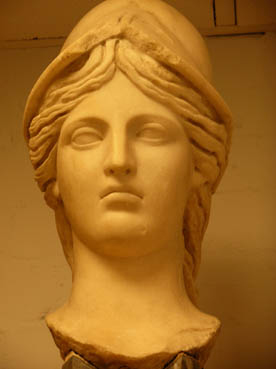
Unit II: The Greek Epic
Week 9: Homer, concluded
ca. 800 B.C.
For this week:
- If you haven’t finished the Odyssey, please do so.
- Read the first chapter of Auerbach’s Mimesis.
For some of this reading, you may need to recruit the help of your parents. The ideas Auerbach is getting across are not extremely difficult, but the writing is at a very high level, and there is a certain amount of subtlety.
I should also warn you — lest anyone be predisposed to take offense — that Auerbach was not writing as a Christian, and he may say some things that you cannot accept. That’s fine. Read it anyway. He was Jewish, but whether he was a practicing religious Jew, I don’t know. He is, in the long haul, reasonably sensitive to the claims of Christianity, for what it’s worth, and some of what he has to say about Augustine, Gregory of Tours, and Dante is quite illuminating. But for now, content yourselves with reading and understanding: we can discuss it, and any lingering issues surrounding the Odyssey, during class. Toward this end though, consider: what is the difference between what the author of Genesis is doing and what the author of the Odyssey is doing?
Contents of this page © Copyright 2001, 2003, 2006, 2010 by Bruce A. McMenomy.
Permission to print or reproduce this page is hereby given to members of Scholars Online for purposes of personal study only. All other use constitutes a violation of copyright.